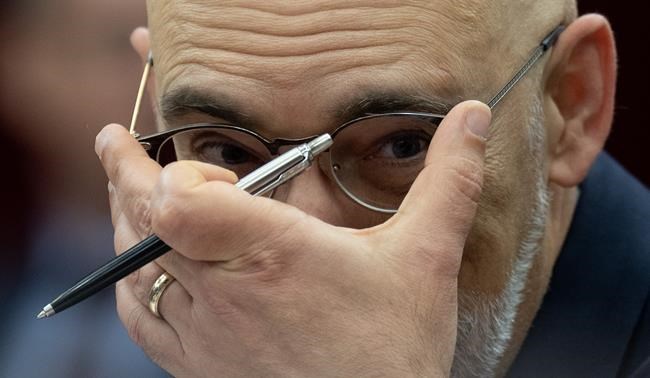OTTAWA — The parliamentary budget officer says the implementation of a digital services tax would raise $7.2 billion over five years.
The Liberals' spring budget confirmed their intention to implement the tax, which is designed to ensure that tech giants pay their fair share of taxes in countries where they earn revenue without having a physical presence.
The tax would apply to businesses with annual worldwide revenues of 750 million euros and more, as well as annual Canadian digital services revenue of more than $20 million.
The policy, which has been met with pushback from the U.S., is supposed to come into force on Jan. 1, 2024, and it would apply retroactively back to Jan. 1, 2022 if an international tax deal isn't reached.
The federal government has indicated that it strongly prefers a multilateral approach to address the tax challenges of the digital economy.
As the OECD works on reaching an international deal, most countries agreed this summer to put off implementing a digital services tax for a year.
This report by The Canadian Press was first published Oct. 17, 2023.
The Canadian Press
Note to readers: This is a corrected story. A previous version said the revenues threshold for taxation was 750,000 euros.

